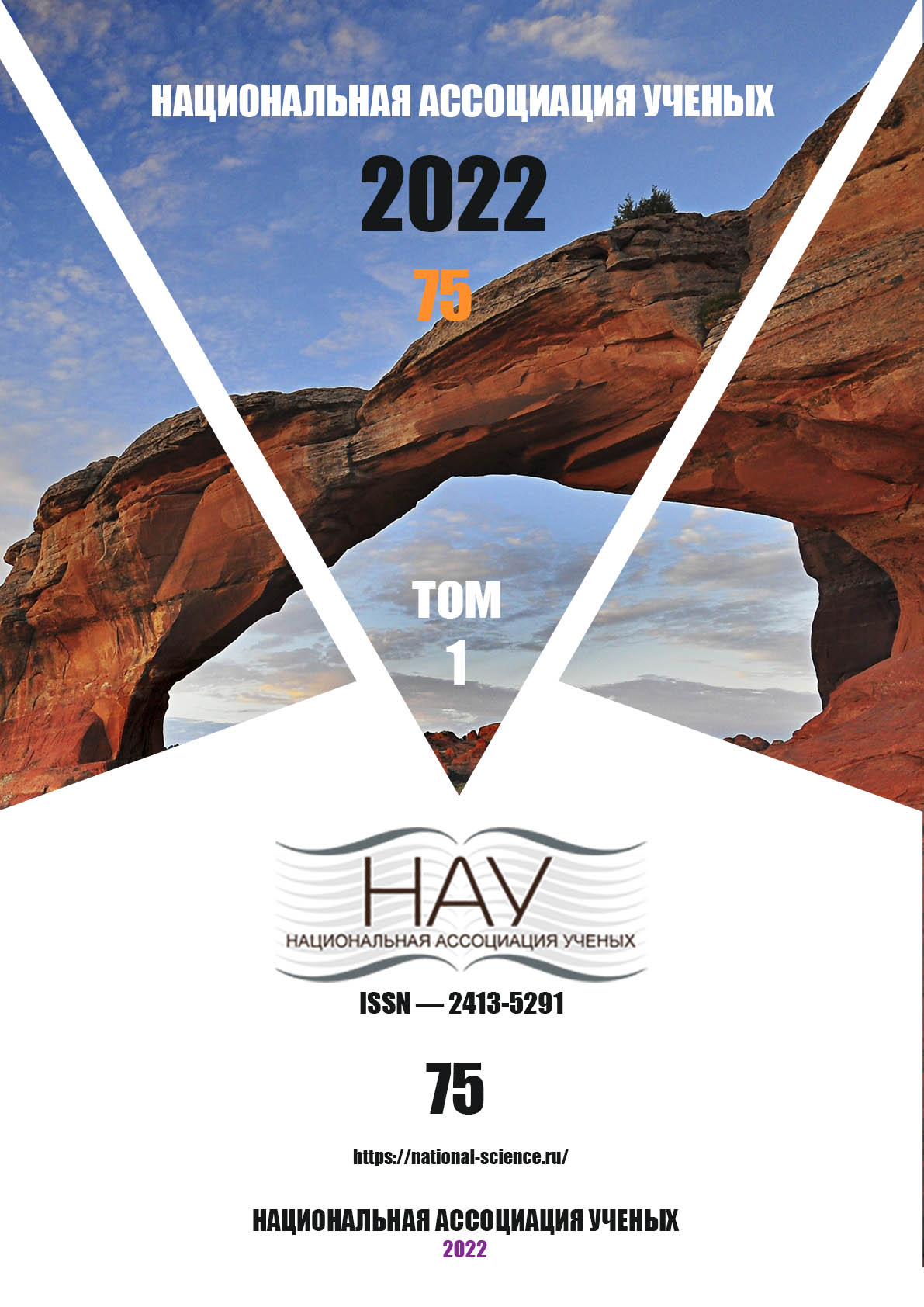INTERNATIONAL COOPERATION IN THE FIELD OF COMBATING ORGANIZED CRIME AND TERRORIST ORGANIZED CRIME
Keywords:
state, international cooperation, recruitment, financing, crime, terrorism, ideology, suppression of terrorist activities, problematic aspects of the fight against terrorism.Abstract
The article is devoted to the international legal analysis of terrorist organized crime, the main elements of terrorist activity, as well as the main problematic aspects that may be encountered in the process of the international fight against terrorism. The importance of international cooperation in the fight against cross-border crime is substantiated. The fundamental reasons for the commission of crimes of an international orientation and the main stages covering the full introduction of a person into the criminal sphere of life are revealed
References
Pis'mo Predsedatelja Komiteta Soveta Bezopasnosti, uchrezhdennogo rezoljuciej 1373 (2011) o bor'be s terrorizmom, i Predsedatelja Komiteta Soveta Bezopasnosti, uchrezhdennogo rezoljucijami 1267 (1999), 1989 (2011) i 2253 (2015) po «Islamskomu gosudarstvu Iraka i Levanta» (DAISh), «Al'-Kaide» i svjazannym s nimi licam, gruppam, predprijatijam i organizacijam, ot 3 ijunja 2020 goda na imja Predsedatelja Soveta Bezopasnosti
S.I. Grachev, A.A. Kornilov. Jekonomicheskaja sostavljajushhaja terrorizma. - 2007. S. 155-159.
http://kremlin.ru/supplement/3405
https://cyberleninka.ru/article/n/mezhdunarodnoesotrudnichestvo-v-oblasti-borby-s-terrorizmom
file:///C:/Users/VVM/Desktop/mezhdunarodnoesotrudnichestvo-v-oblasti-borby-s-terrorizmom.pdf
https://studme.org/82422/pravo/mezhdunarodnoe_sotrudnichestvo_borbe_prestupnostyu
https://ruxpert.ru/Islamskij_terrorizm
http://medinstitut.org/spbmsi_docs/sveden/document/bezopasnost/antiterror/statistika_terrorizma_v_ mire.pdf
Downloads
Published
Issue
Section
License

This work is licensed under a Creative Commons Attribution-NoDerivatives 4.0 International License.
CC BY-ND
A work licensed in this way allows the following:
1. The freedom to use and perform the work: The licensee must be allowed to make any use, private or public, of the work.
2. The freedom to study the work and apply the information: The licensee must be allowed to examine the work and to use the knowledge gained from the work in any way. The license may not, for example, restrict "reverse engineering."
2. The freedom to redistribute copies: Copies may be sold, swapped or given away for free, in the same form as the original.





